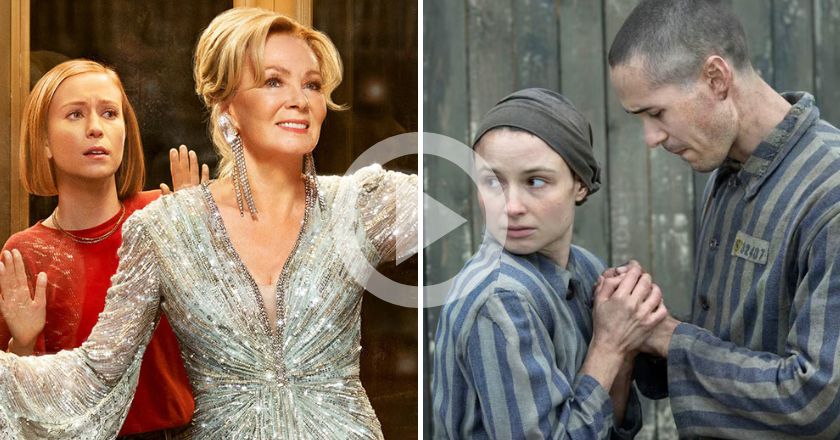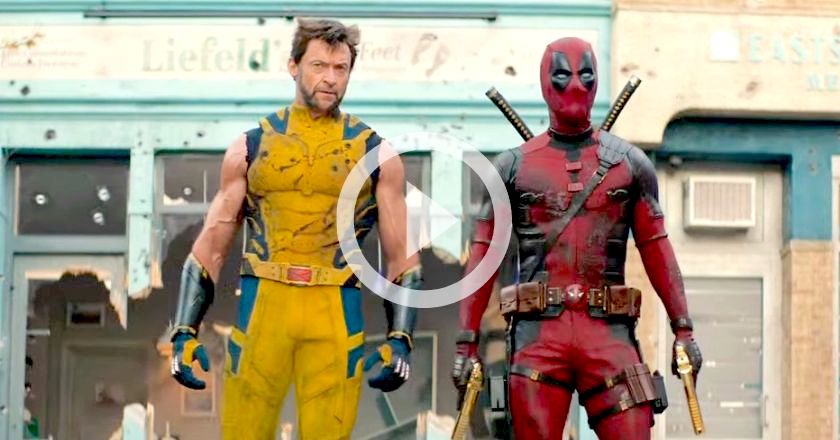
During the 1967 Detroit riot, an act of brutality at the Algiers Motel would leave nine youths badly beaten and three others ““ all black ““ dead. The perpetrators of this horrific crime? Members of the Detroit Police Department, Michigan State Police and the Michigan Army National Guard. In a riot that saw many dead and arrested, the Algiers Motel Incident has been cited as one of the most egregious acts of police brutality at that time. Zero Dark Thirty director Kathryn Bigelow offers up a dramatised version of that night, based upon a screenplay by long-time collaborator Mark Boles (The Hurt Locker), and from the word go, it is straight up one of the most powerful films to come out of 2017.
Starting with an animated opening that provides an overview of the burgeoning racial tensions within the city, Detroit leaps with both feet into the first night of the riots; sparked off by the raid of an unlicensed party. Over the next three nights, we’re introduced to our main players in this compelling drama: Melvin Dismukes (John Boyega), a softly spoken security guard; Larry Reed (Algee Smith), the original singer of the Dramatics; and policeman Philip Krauss (Will Poulter), whose childlike face is a mask for his murderous racism. Due to the actions of one person staying in the Algiers, these three men will cross paths in the most devastating way.

From the first rock thrown to the film’s bitter ending, Bigelow’s direction is fierce. Her summary of the first three days of rioting is a collision of stories and people. Regardless of which way you turn, the theme is the same: acts of violence enacted on people begat more acts of violence on people. There are moments of quick trigger thinking that lead to dreadful outcomes. A man is shot in the back carrying groceries, a young girl curious about the military procession in her street is mistaken for a sniper. Bigelow’s intent is clear. These are fleeting incidents, but they’re stockpiling and readying the fire that will burn under the actions in Algiers.
When the inevitable happens, and we are dragged to the motel to watch Krauss go to work on several youths, one of whom he believes is a sniper, the atmosphere is choking and claustrophobic. With the camera pushed close into the faces of her actors, Bigelow refuses to allow her audience to look away. The trinity of Boyega, Smith and Poulter is electrifying and all three men deserve any and all plaudits they receive. Boyega, in particular, reminds of a young Denzel Washington, managing to do so much even when he has nothing to say. A moment’s look between himself and Poulter speaks volumes.

If we were to fully take apart the narrative to find something wrong with Detroit, it’s the inclusion of the aforementioned Krauss, who never actually existed. With the original policemen found not guilty of what they were accused of, Detroit is left to fill in the gap with this composite of a character, when perhaps changing the name of those accused may have been a wiser, if not litigious, move.
In light of movements like Black Lives Matter, which were born out of tragedies such as Trayvon Martin and Sandra Bland, there’s a potency to Detroit that cannot be ignored. These events may have happened 50 years ago, but their legacy continues. It permeates through modern American history, and further abroad. One cannot simply watch and think to oneself, “How shocking were race relations back then?”
Through its expert craftsmanship and recounting of the events, Detroit demands you sit up and realise what is happening around you, right now, in this century. It’s a rallying cry that should not be ignored.
THE REEL SCORE: 9/10
https://www.youtube.com/watch?v=OFoLo0hH4BQ







